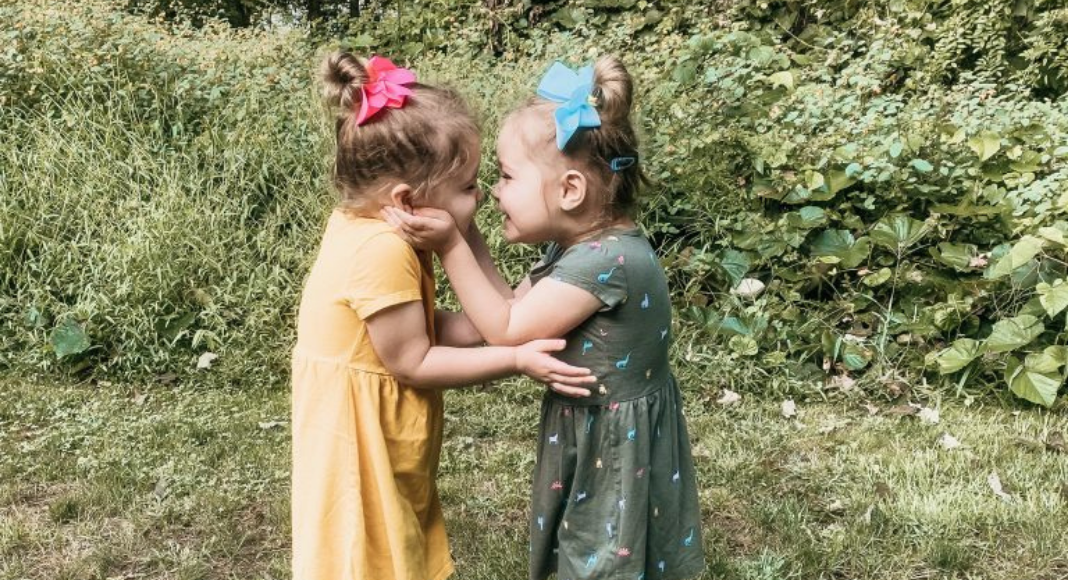 When I found out I was pregnant with identical twins, my mind went in a million different directions. Would they be ok? Would they be healthy? How would I manage to breastfeed? How early would I have to give birth? Would they have cognitive, motor, or language delays? How would we tell them apart? Those questions entered my head all at once, along with so many others.
When I found out I was pregnant with identical twins, my mind went in a million different directions. Would they be ok? Would they be healthy? How would I manage to breastfeed? How early would I have to give birth? Would they have cognitive, motor, or language delays? How would we tell them apart? Those questions entered my head all at once, along with so many others.
But one thing I never considered while my mind was full of all those hypothetical scenarios was that my perfect little 37-week identical twins (who I had no issues telling apart, by the way) could become children who stutter.
According to Dennis Drayna, Ph.D., a researcher for the National Institute on Deafness and Other Communication Disorders, about 5% of people stutter as young children, and about 80% of these people do outgrow it. This leaves about 1% of the general population (which equates to approximately 3 million people in the U.S. and 60 million people worldwide) who continue to stutter into adulthood.
With this many people in the general population who stutter, it is astonishing that it continues to be socially acceptable to make fun of them.
The campaign and subsequent election of President-Elect Joe Biden have brought stuttering into the forefront. And it has been obvious to me from the beginning, particularly with his opponents, that the social stigma attached to stuttering is alive and well in this county.
It’s tough work, and the clients I’ve treated who stutter have expressed how exhausting it can be.
My girls are way past the 6-month mark; it’s now been a year.
Their grasp of the English language is phenomenal, their grammar is age-appropriate, and their articulation (how they produce speech sounds in words and sentences) is really very good. But their speech is also marked with disfluencies: they cannot get through a sentence or two without stuttering.
I realize that I may be getting ahead of myself here, as 80% of childhood stuttering really does resolve on its own. This might be a tiny blip in their overall growth and development.
But as they grow and realize that they speak differently than their friends, I am afraid of how they may be treated.
I guess the Beatles had it right when they sang, “All you need is love.” And my girls certainly have plenty of that.
Remember: Some stuttering is typical in a child’s language development. If you notice your child is stuttering, The Stuttering Foundation has some tips on what to do. I’ve listed some of them here:
- Try to model slow and relaxed speech when talking to your child, and encourage other family members to do the same.
- When your child talks to you or asks you a question, try to pause a second or so before you answer. This will help make talking to your child less hurried, more relaxed.
- Try not to be upset or annoyed when stuttering increases. Your child is doing [their] best as [they] cope with learning many new skills all at the same time.
- Effortless repetitions or prolongations of sounds are the healthiest forms of stuttering. Anything that helps your child stutter like this instead of stuttering tensely or avoiding words is helping.
- If your child is frustrated or upset at times when [their] stuttering is worse, reassure [them]. Some children respond well to hearing, “I know it’s hard to talk at times…but lots of people get stuck on words…it’s ok.” Other children are most reassured by a touch or a hug when they seem frustrated.
These tips were taken directly from The Stuttering Foundation. For further information about stuttering, please visit their website.


























